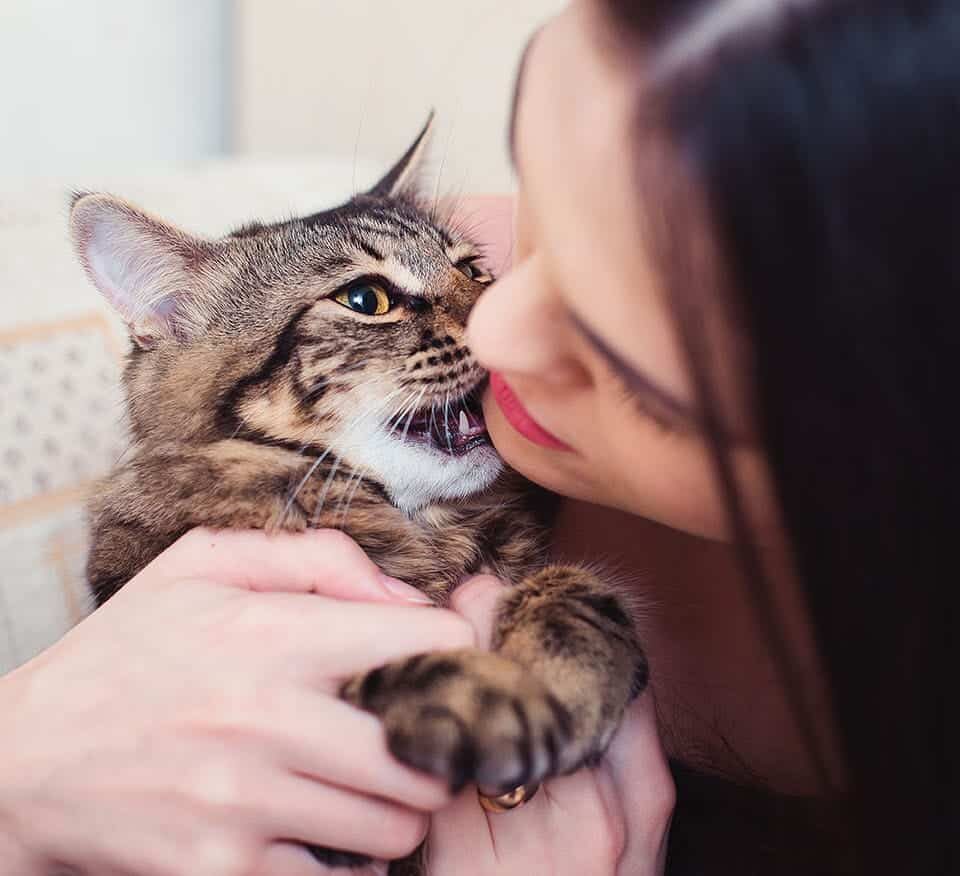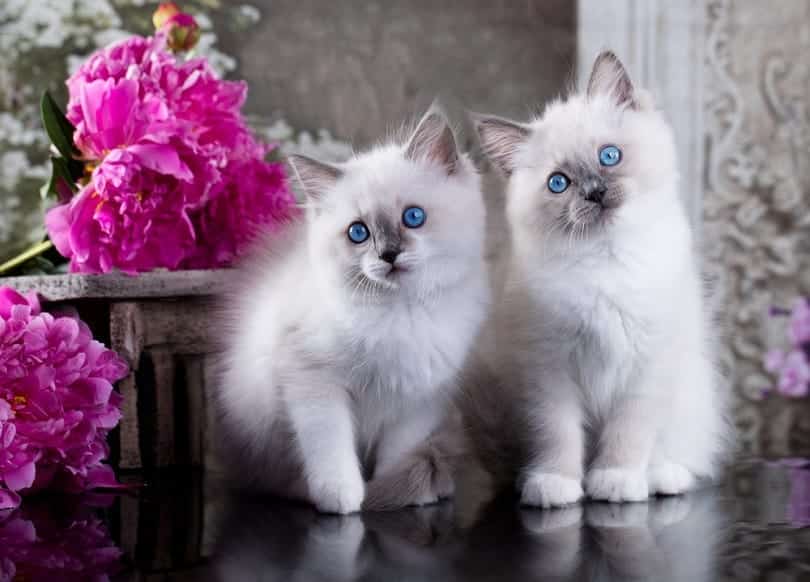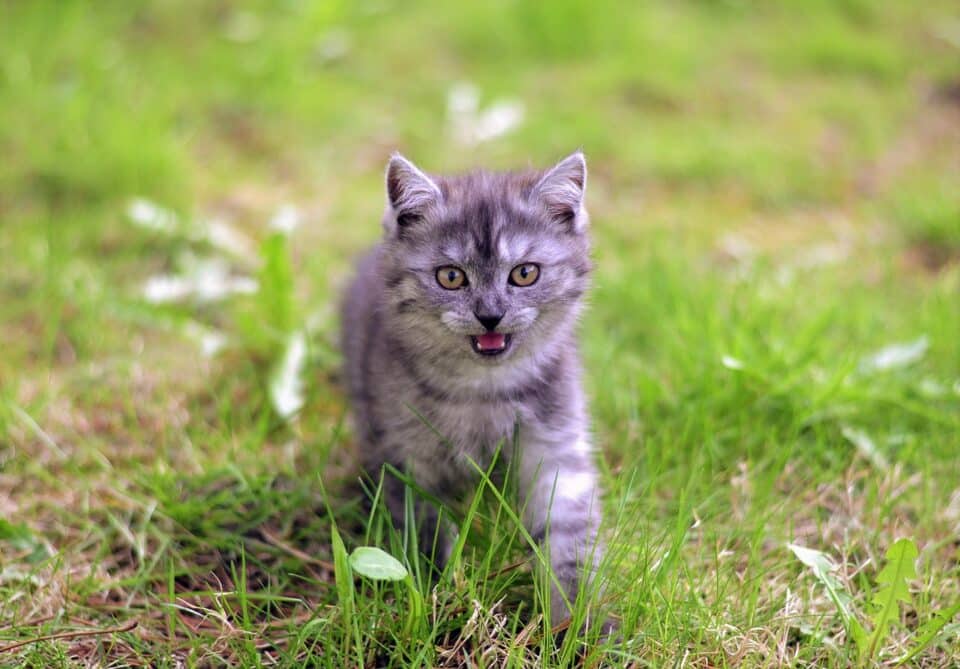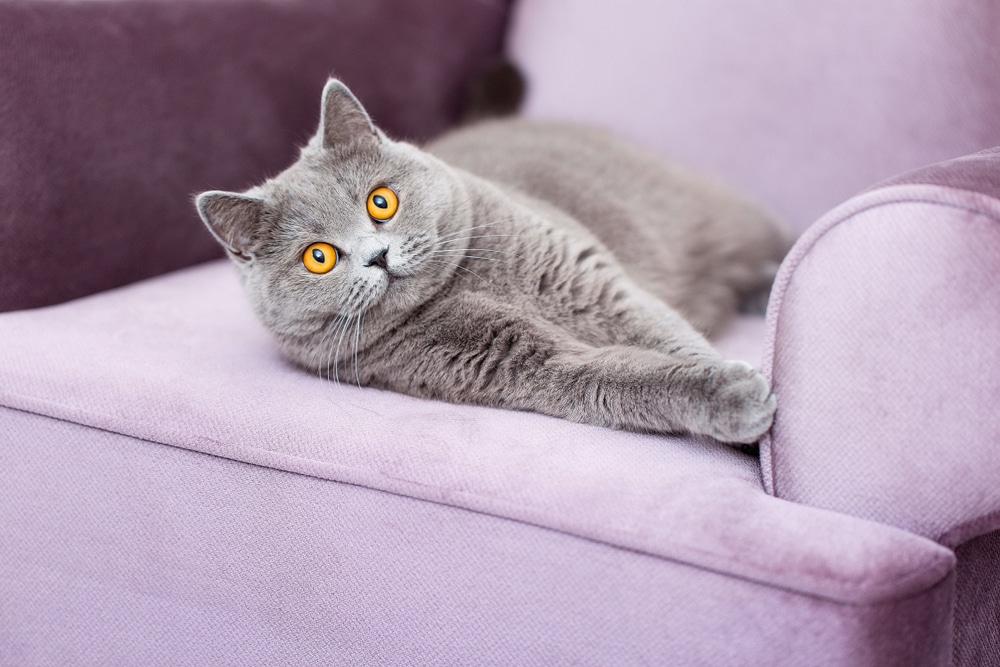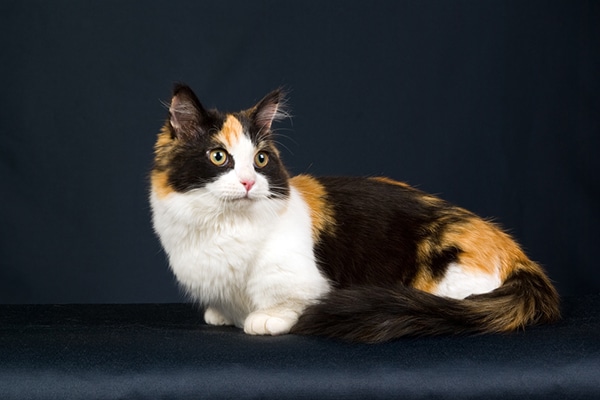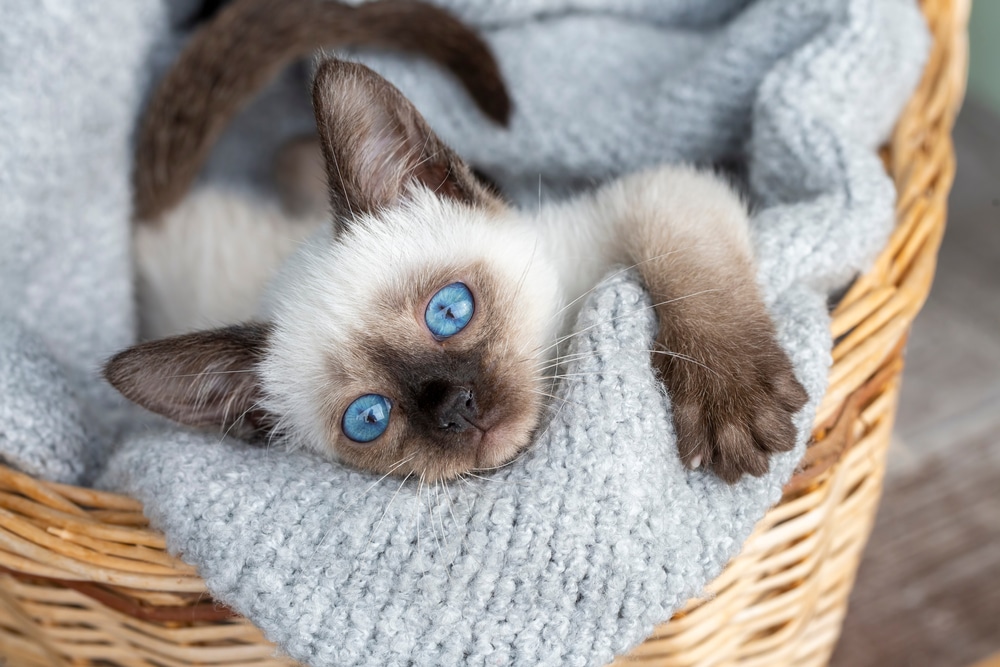Curious about why your cat seems to have a chin chomping habit? You’re not alone! Cats often use a nip on the chin to convey affection, mark territory, or even signal they’ve had enough petting. Understanding this quirky behavior can improve your bond. Here are six reasons behind this feline fascination with chins.
- Cats sometimes nibble on chins to show affection, similar to their grooming behavior with other cats.
- Your cat might be marking you with their scent, making you part of their territory.
- Overstimulation from petting or play can lead to unexpected chin biting as cats express excitement or discomfort.
- Chin biting might also be a result of petting-induced aggression, where cats display discomfort through bites.
- Stress or pain could prompt a cat to nip at your chin, indicating they need space or medical attention.
Cats have their unique ways of expressing love, and chin biting might just be one of them. When a cat bites your chin gently, it may be engaging in a behavior known as allogrooming. This is a way animals show affection by grooming one another. So, if your feline friend gives your chin a little nibble, it might just be saying ‘I love you’. This grooming behavior isn’t limited to cats; monkeys do it too!
Ever notice your cat butting its head against you? That’s their way of marking you with their scent. Cats have scent glands all over their bodies, including the chin. By biting your chin, your cat may be spreading its scent on you. This is akin to claiming you as their territory, keeping you bonded with them while also making an unspoken statement to others in the vicinity.
There’s a thin line between stimulation and overstimulation when it comes to petting cats. A little too much love and attention can make them react with a nip, indicating overstimulation. It’s less of an aggressive gesture and more about excitement overflowing in an unfiltered way. Every cat has its limit, and understanding this threshold can help in preventing these nips.
Sometimes, what starts as petting can inadvertently cross into what cats perceive as aggression. Their sensitive skin can only take so much. You might notice warning signs like ears flattening or a thumping tail before they resort to biting—these are clear indications that it’s time to back off.
Stress can play a significant role in making a cat resort to biting. If your cat is under stress from a change in the environment or due to health issues, it may become more irritable. It’s essential to give them the space they need or consult a vet to ensure nothing’s amiss.
Pain can also trigger chin biting, especially in conditions like hyperesthesia syndrome, where the cat’s skin becomes overly sensitive. This might cause the cat to try and fend off your touch with a bite. If such behavior is paired with other symptoms, a vet visit could be crucial to determine any underlying issues.
Understanding the reasons behind your cat’s chin biting can help resolve the behavior and strengthen your bond.
